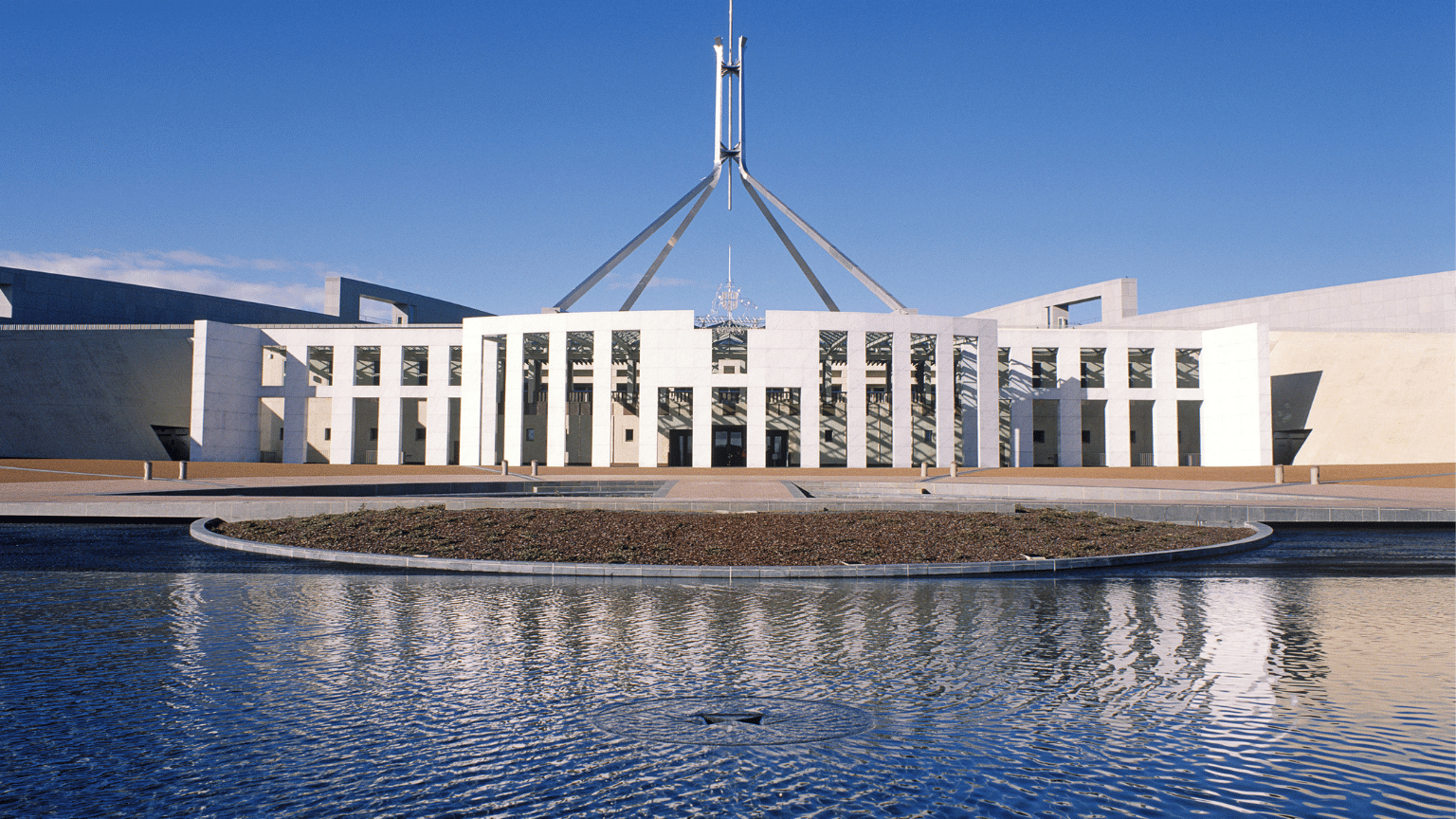It’s been a busy month in Canberra, with the Federal government issuing a raft of new proposals and funding to facilitate Australia’s transition to a circular economy and achieve net zero emissions.
Regarding recycling, the government has launched a $60 million fund for hard to recycle plastics, including soft plastics like shopping bags, bread bags, cling wrap and chip packets. This boost in funding will support new or upgraded infrastructure projects across Australia, including trials targeting ways to keep hard-to-recycle plastics in use and recycling to turn plastic back into oil for re-use in food grade packaging.
In a bold move, the government has announced the introduction of a national framework for recycled content traceability in products to boost demand and confidence in recycled materials. This program, will allow businesses to track recycled content from its origin (i.e. raw materials stage) to its final destination – including material recovery, reprocessing, manufacturing, distribution and retail. This is a huge boost to understanding where recycled content comes from, and how it has been processed and handled – which ultimately will assist in restoring confidence in the recycling system. This proposal is still in its infancy, with a discussion paper released on the scheme. The ARA will engage with members to produce a response to this submission.
At a State level, the NSW and Federal government have announced a co-investment of $11 million to transform the recycling industry in NSW to better align with the circular economy. This funding will boost NSW’s ability to remanufacture plastic, paper, cardboard and tyres – and increase waste processing capacity by more than 20,000 tonnes each year.
In QLD, the Federal and State government have committed to investing more than 13.3 million for 13 new recycling projects, diverting an expected 68,000 tonnes of waste from landfill each year. New infrastructure built under the scheme will sort, process, and recycle glass, plastics, paper, tyres and cardboard into new products for use in agriculture, building and manufacturing.
Regarding energy efficiency, the Government is backing a $9.4 million commercial refrigeration trial, that could change the way supermarkets use electricity and support the integration of renewable energy into the grid. The trial will see commercial refrigerators pre-cooled during peak solar PV generation periods – when prices are low and shift usage away from times when energy demand is higher. It’s estimated that the trial will unlock 20.9 MW of flexible demand on the supporting reliable electricity supply across the National Electricity Market.
Finally, in some good news for small businesses, grants of up to $25,000 awarded to 690 businesses to assist in the investment of energy efficient technologies to reduce emissions through energy consumption. If your small business would like similar support, head to the Energy Efficiency Grants for SMEs page, with the second round of grants opening in 2024.





















